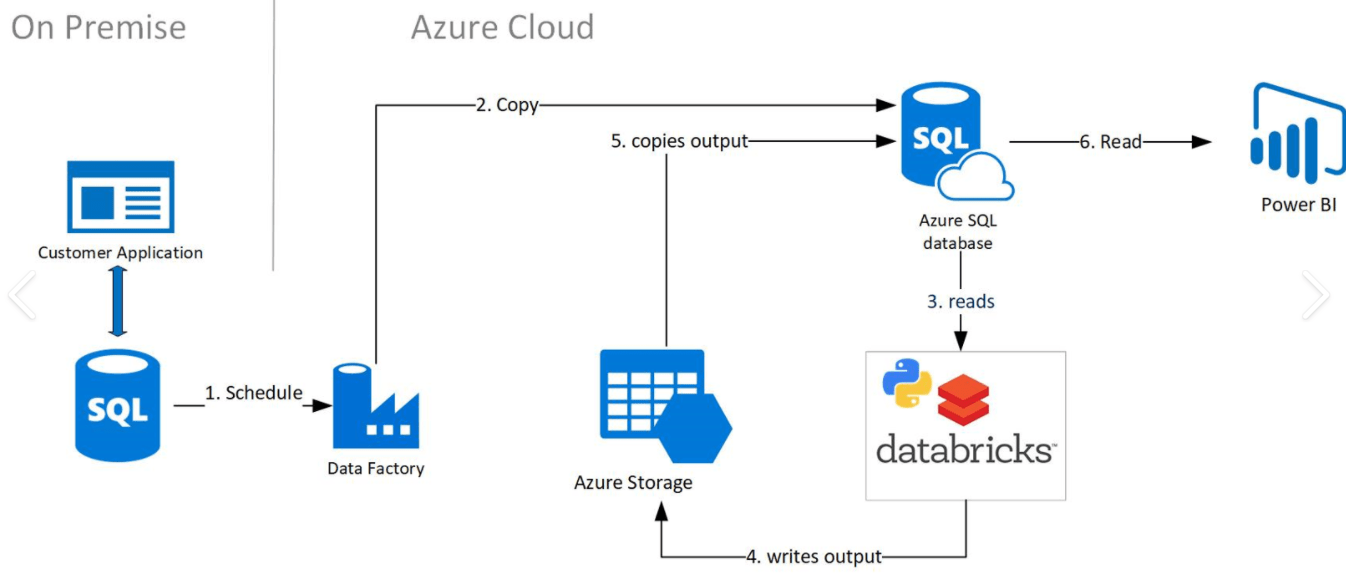
- Blob field with compression data is not valid code#
- Blob field with compression data is not valid zip#
- Blob field with compression data is not valid windows#
To mount each volume that the container uses. Volumes mount at the specified paths withinįor each container defined within a Pod, you must independently specify where When it performs a subsequent filesystem access. The process sees a root filesystem that initially matches the contents of the containerĪny writes to within that filesystem hierarchy, if allowed, affect what that process views (if defined) mounted inside the container. Ī process in a container sees a filesystem view composed from the initial contents of spec.volumesĪnd declare where to mount those volumes into containers in. To use a volume, specify the volumes to provide for the Pod in. Medium that backs it, and the contents of it are determined by the particular Is accessible to the containers in a pod. However, Kubernetes does not destroy persistent volumes.įor any kind of volume in a given pod, data is preserved across container restarts.Īt its core, a volume is a directory, possibly with some data in it, which When a pod ceases to exist, Kubernetes destroys ephemeral volumes A PodĬan use any number of volume types simultaneously.Įphemeral volume types have a lifetime of a pod, but persistent volumes exist beyond Kubernetes supports many types of volumes. Docker provides volumeĭrivers, but the functionality is somewhat limited. A Docker volume is a directory onĭisk or in another container. A second problem occurs when sharing filesīetween containers running together in a Pod.įamiliarity with Pods is suggested. The kubelet restarts the containerīut with a clean state.

Is the loss of files when a container crashes.

Non-trivial applications when running in containers. So, to a question.On-disk files in a container are ephemeral, which presents some problems for I believe this to be a totally valid scenario and I'm a little surprised that Azure does not support it (hopefully someone will immediately reply telling me I'm wrong and that Azure *does* support it).
Blob field with compression data is not valid windows#
My mind this is the same as what Windows Explorer does (and has done for many years). When someone requests one of the files inside the compressed package then Azure uncompresses it and delivers the ucompressed file. To
Blob field with compression data is not valid code#
If you have any feedback about my replies, please One Code Framework Please mark the replies as answers if they help or unmark if not. If you think this is necessary for your situation, please try to post your idea as the feature request to Microsoft:

Blob field with compression data is not valid zip#
Using (GZipStream zip = new GZipStream(ms, CompressionMode.Decompress)) Ms.Write(compressedText, 0, compressedText.Length - 0) Int msgLength = BitConverter.ToInt32(compressedText, 0) Using (MemoryStream ms = new MemoryStream()) Using (Stream ds = new GZipStream(stream, CompressionMode.Compress)) The workaround is compress your data manually, here i give some code snippets for sample:Ĭompress: byte data = (text) As far as i know, Currently Azure Storage does not support data pre-compression before uploading.


 0 kommentar(er)
0 kommentar(er)
